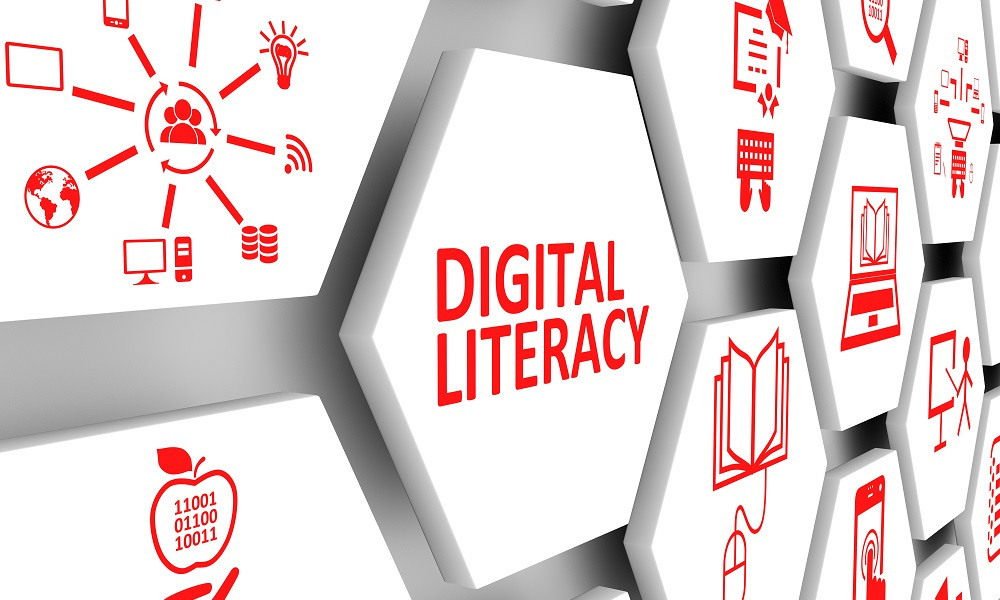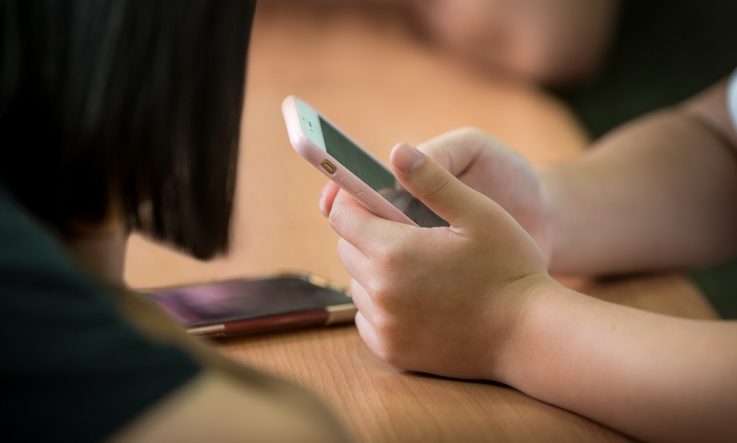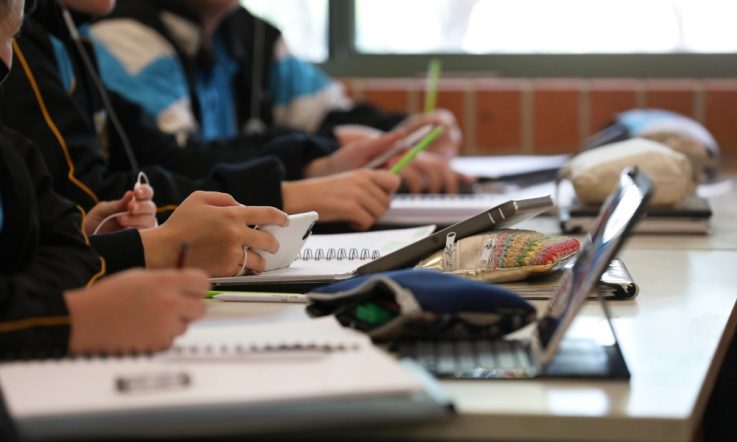Welcome to this month's edition of Researching education: Five further readings. In this series, we take a look at some further readings available on a particular topic, including open access research papers from various online databases, and Teacher archive content you might not have come across yet.
When students and teachers were unexpectedly made to implement teaching and learning from home, many relied on digital technology to help them adapt. With the increased use of digital technology comes questions and concerns about the digital literacy of students. Were students by default already sufficiently digitally literate to work effectively from home? Or are there gaps in student knowledge and confidence that need to be addressed?
In this edition of Five further readings, we're bringing you five resources that relate to student digital literacy which discuss topics like digital literacy practices, children's digital rights, and ICT education in initial teacher education.
The International Association for the Evaluation of Educational Achievement (IEA) has commissioned an International Computer and Information Literacy Study (ICILS), and in this paper, the purposes and objectives of the ICILS are outlined. ‘ICILS aims to answer the question – how well are students prepared for study, work, and life in a digital world? It investigates students' ability to use computers to investigate, create and communicate information to participate at home, school, the workplace and the community,' the paper reads.
This paper is featured in the Cunningham Library Catalogue, an open access resource filled with references and links to Australian education research material including journals, government reports and books. You can access the digital literacy resources in this catalogue here. The link will be updated as new resources are added.
- Mastering the art of digital scholarship: From mind to mind
At this link, you can read a thought piece from Judy O'Connell, Quality Learning and Teaching Lead in online learning at Charles Sturt University. She reflects on what it means to be a connected educator and the notions of a digital scholarship and information ecology. ‘A connected educator adopts digital literacy approaches with an understanding and active orientation to information seeking within 21st century socio-technical environments,' she writes. ‘In this context, it is important to understand the connection between information literacy models and processes in the context of digital literacy practices.'
You can find this paper through EdResearch Online which contains hundreds of articles from Australian education journals, some of which are open access. At this link, you can browse the relevant resources related to digital literacy. The link will be updated as new resources are added.
- Children's rights and business in a digital world: Access to the internet and digital literacy.
This discussion paper series, published by UNICEF, focuses on the topic of children's rights in a digital world. While the need to protect children from harm online has been acknowledged globally, there has been much less consideration into empowering children to be active digital rights holders. This paper explores the ways in which public and private actors can seek to bring the internet to children and to impart to them the knowledge, skills and experience they need to fully exercise their rights online.
This report from 2017 from the NSW Education Standards Authority (NESA) presents a review of the teaching of ICT in initial teacher education in NSW. ‘The review argued that graduate teachers will not only need to be digitally literate but also capable of helping their future students move from being consumers of digital products to producers of digital solutions,' the report reads. A discussion on the need to offer students a balanced and critical perspectives, as opposed to simply providing more ICT resources, is presented.
This paper from the OECD discusses the challenge of encouraging the use of digital technologies, while also being mindful of the wellbeing of students. It explores the guidelines recommended by countries on screen time and the strategies they employ to encourage digital inclusion. ‘Equipping children with the right tools to be digital citizens requires education systems to ensure development of adequate digital, and social and emotional skills, while balancing the potential health effects associated with digital screen engagement,' the report reads.
The Cunningham Library membership is open to individuals, schools and organisations. Membership includes access to a comprehensive collection of education research literature; weekday alerts to a selection of Australian education news; fast supply of articles and books from the collection; support in finding research; and an integrated online search tool that works across all of their resources.
To become a library member, visit the website.



